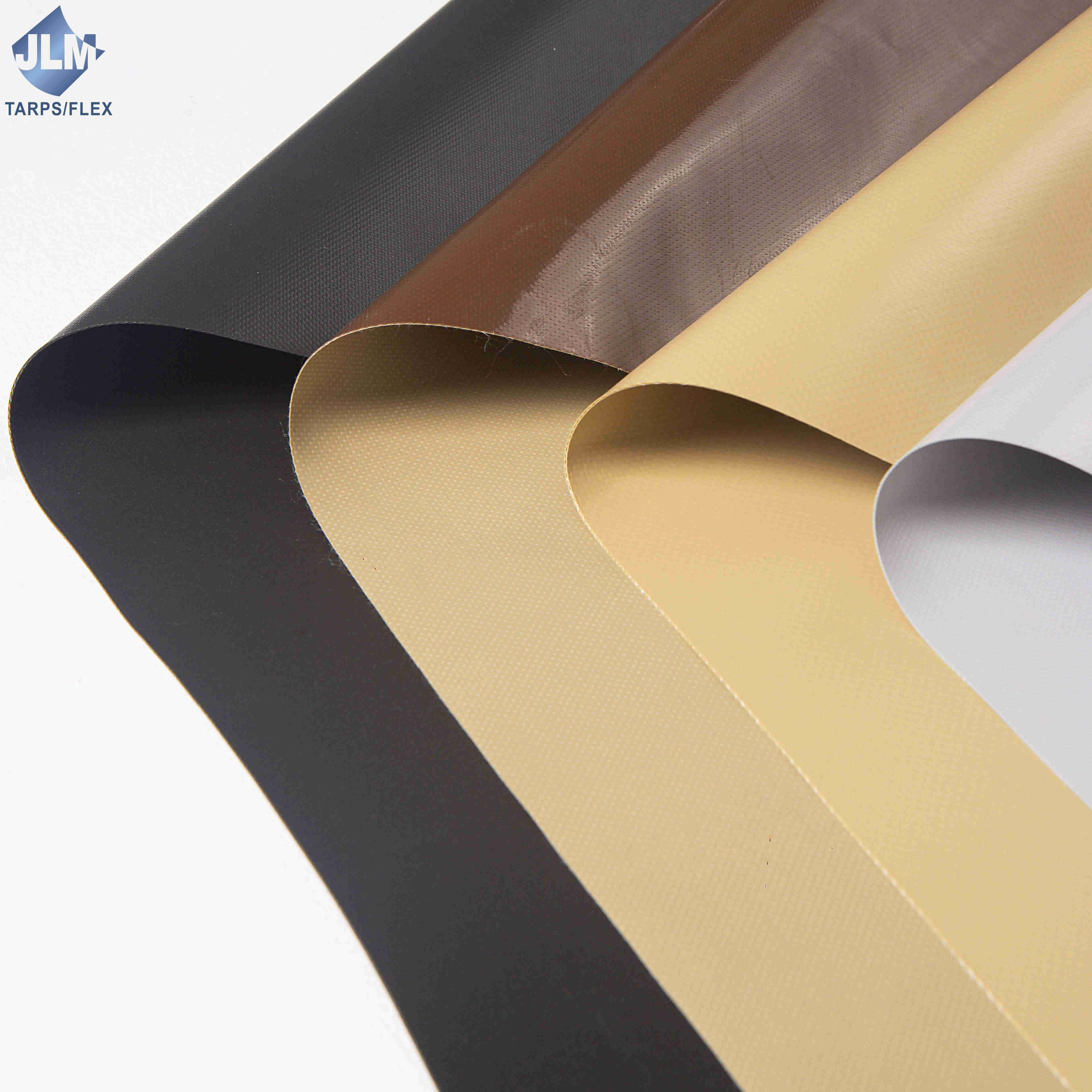Commonly used stabilizers for PVC Tarpaulin
Time:2022-07-22
Views:311
Commonly used stabilizers for PVC Tarpaulin


In the process of making PVC Tarpaulin, in order to enhance its performance, some additives are added. Light stabilizers are one of them. According to relevant persons, there are mainly five types of stabilizers that are often added, namely:
1. Hydro peroxide decomposition agent: It is one of hindered amine light stabilizers. Polymers can produce hydroperoxides during storage and processing, leading to photooxidative degradation of polymers. Hydroperoxide decomposers can decompose peroxides to generate stable nitrogen-oxygen free radicals and further capture free radicals. , Thereby controlling polymer degradation.
2. Free radical trapping agent: This kind of light stabilizer can trap the active free radicals generated in the polymer, thereby controlling the photooxidation process and achieving the purpose of light stabilization. Mainly hindered amine light stabilizer (HALS). It is the most promising new type of light stabilizer with an average annual demand growth rate of 20% to 30% in the world.
3. Ultraviolet absorber: It can effectively absorb ultraviolet light with a wavelength of 290~410nm, but rarely absorbs visible light. It has good thermal stability and light stability. According to its chemical structure, it can be divided into: o-hydroxybenzophenones, benzotriazoles, salicylates, triazines, and substituted acrylonitriles. Used together as auxiliary light stabilizer and hindered light stabilizer, especially in polyolefin or coating.
4. Light shielding agent: This is a kind of material that can shield or reflect ultraviolet rays, so that light cannot penetrate into the polymer, so as to protect the polymer. Light shielding agents include inorganic pigments such as carbon black and titanium oxide and organic pigments such as phthalocyanine blue and phthalocyanine green. Among them, carbon black has the best shielding effect.
5. Quencher: It can accept the energy absorbed by the chromophore in the plastic, and radiate the energy in the form of heat, fluorescence or phosphorescence, thereby protecting the polymer from UV damage. It has a good stabilizing effect on polymers and is mostly used in films and fibers.



